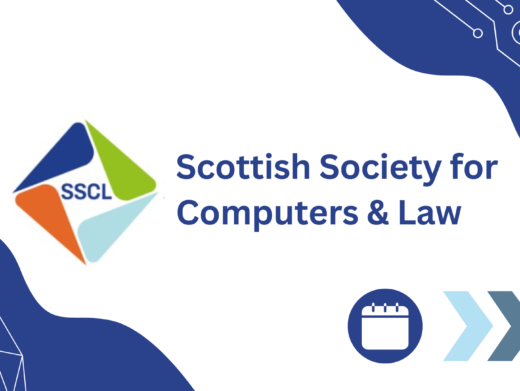{b} From Simon Briskman, Partner in the Technology Law Group at Field Fisher Waterhouse: simon.briskman@ffw.com{/b}
Imagine being at a clear desk with your mobile device, a keyboard, a screen and nothing more. Your separate computer, phone or mobile would be gone. Everywhere, you could access the same applications and information through this device. This is the TMT infrastructure of the future. The components are there to see – the cloud, fixed-mobile convergence and completion of the voice-data convergence programme. Building this infrastructure will demand innovation and vision and its development is attracting serious investment. In 2010, the deals begin in earnest.
{b}From Monica Horten, PhD researcher in Internet policy, University of
Westminster: www.iptegrity.com{/b}
In the Internet space, we will see the curve of intermediary liability pressuring onward and upward, as not only copyright owners but other influential groups that have a grudge against the Internet are listened to by government. A global 3-strikes is on the agenda in the ACTA (Anti-counterfeiting Trade Agreement). The French will be in charge of copyright policy at the European Commission. And at home, counter-terrorism measures are in the Internet pipeline. Not to mention the Spanish, the Germans and the Koreans who all are proposing some form
of ‘content regulation’ measures. Net neutrality will be added to the EU policy agenda, but work will be slow, and opposed by multiple vested interests.
{b}From Graham Smith, Partner at Bird & Bird LLP: www.twobirds.com{/b}
Fundamental human rights will play an ever greater part in online-related policy debates (three strikes, anyone?) and litigation. In the UK, ECHR Article 10 considerations recently had significant influence on search engine liability in {i}Metropolitan International Schools v Designtechnica{/i}. There will be more where that came from.
Continuing domestic and international bloodbath over ISP and online intermediary liability. Unlike in the 1990s, when the policy debate was slugged out between rights holders and ISPs alone, this time the digital user community will be a significant force.
With litigation creaking under the expense of processing electronic documents, standard disclosure will be abolished for cases valued under £1 million.




